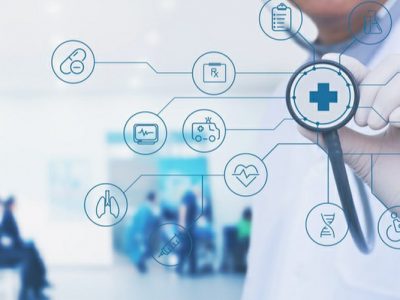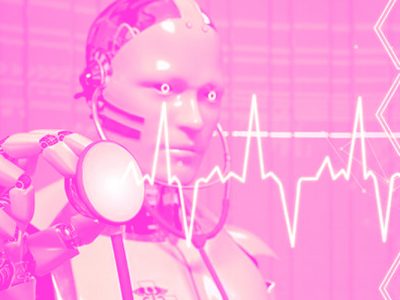
AI in Healthcare has a long way when it comes to establishing reliable standards and systems.
Artificial intelligence (AI) in healthcare is quickly advancing, and there is a growing debate about how to manage its development. Many AI technology winds up in the hands of commercial companies. Because of the nature of AI implementation, enterprises, clinics, and government entities may play a bigger role than usual in getting, using, securing, and guarding patients’ health and medical data. It raises concerns about data security and privacy in terms of implementation.
Experts are using machine learning (ML) algorithms and AI in healthcare to improve patient outcomes. The advantages of AI have been consistently proven. Despite its advantages, AI technology in Healthcare still has a long way to go in terms of establishing reliable standards and systems. We’re in a typical predicament where legislation and supervision are slipping behind the technologies they’re supposed to regulate. Patients’ agency and consent should be emphasized in regulations, and increasingly advanced means of data privacy protection and safeguarding should be encouraged.
Here are ten reasons as to why AI in Healthcare feels the need to have high security and privacy measures:
Company Competition
Patients’ medical information in private hands may violate HIPAA (Health Insurance Portability and Accountability Act of 1996) rules, but there is a need to share information for the AI to process. AI Companies may share data with other vendors for faster data processing, including access, usage, and control. Some recent public-private partnerships for AI implementation have resulted in inadequate privacy protection. As a result, more systematic control of big data health research has been proposed. To protect patient privacy and autonomy, appropriate measures must be in place.
Using smart and sophisticated tactics to crack passwords
Cyber-attackers nowadays may use more sophisticated artificial intelligence-based smart automated methods to determine a password and gain access to the entire database. Thus, it’s critical to select a very strong password that doesn’t have any features that may make it susceptible.
Unintentional Data Leak
The majority of data security concerns in data leaks are caused by human error. The risk of healthcare employees opening a phishing email is highly correlated with their workload. In the health industry, root cause analysis and cybersecurity incident prevention are insufficient, particularly for mishaps caused by unintended human error.
Intentional Data Leak
Hospital staff has access to PHIs which they can leak easily. For this Job-based access management is required, in which a staff member’s role within the practice (e.g., surgeon, nurse, billing specialist) defines what information may be accessed, is one of the access controls that can be established.
Unauthorized Access to the hospital network
Hospitals using IoT (Internet of Things) applications expose the hospital network, therefore Wireless routers should be configured to only function in encrypted mode. The best protection is to make casual access impossible. When configuring a wireless network, each valid device must be recognized to the router, and then the device may be granted access.
Unauthorized Access to Servers
Physical protection should be addressed when deciding where to install a server carrying electronic health records (such as within an EHR). Unauthorized persons should not be allowed access to the server, hence physical security should be prioritized (e.g. putting the servers in a secure area where only employees have access)
Unencrypted Data
Vendor dependency, improper encryption setups, and the inability to manage healthcare information exchange and sharing with 3rd and cross-border partners are the main security concerns that threaten company continuity. In comparison to other businesses, the health industry lacks advanced data security technologies.
Lack of awareness about Data Security
Frequent and continuous education and training are required. Those in charge of overseeing and directing others should lead by example and avoid the urge to be exceptional. One of the organization’s key principles should be accountability and accepting responsibility for information security.
Risk Management Matrix is lacking in Healthcare
A matrix that can transform a healthcare system’s strategic requirements into prioritized cyber-improvement needs is needed. There is indeed a lack of awareness of security threats and their influence on risk management across the enterprise. There is a dearth of understanding within healthcare executive management about the business risk implications of cyber-attacks.
External risk of Data Breach
Another source of concern is the external risk of data breaches caused by AI-driven technologies. In light of emerging algorithms that have effectively reidentified such data, the capacity to deidentify or conceal patient health data may be harmed or perhaps nullified. This could put patient data in private custody at greater risk.
Many threat actors with sophisticated methods are present in today’s cyber threat scene.



















